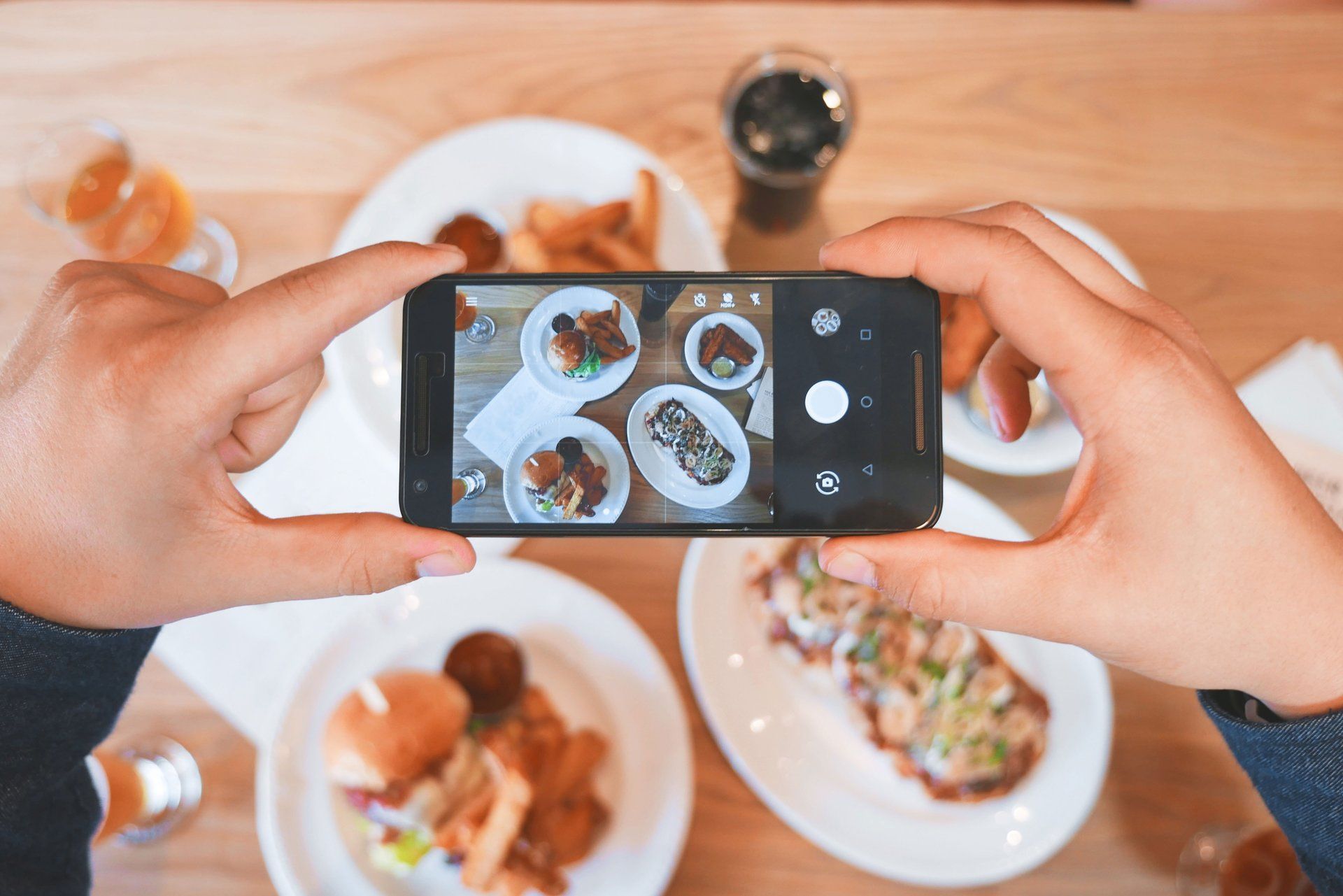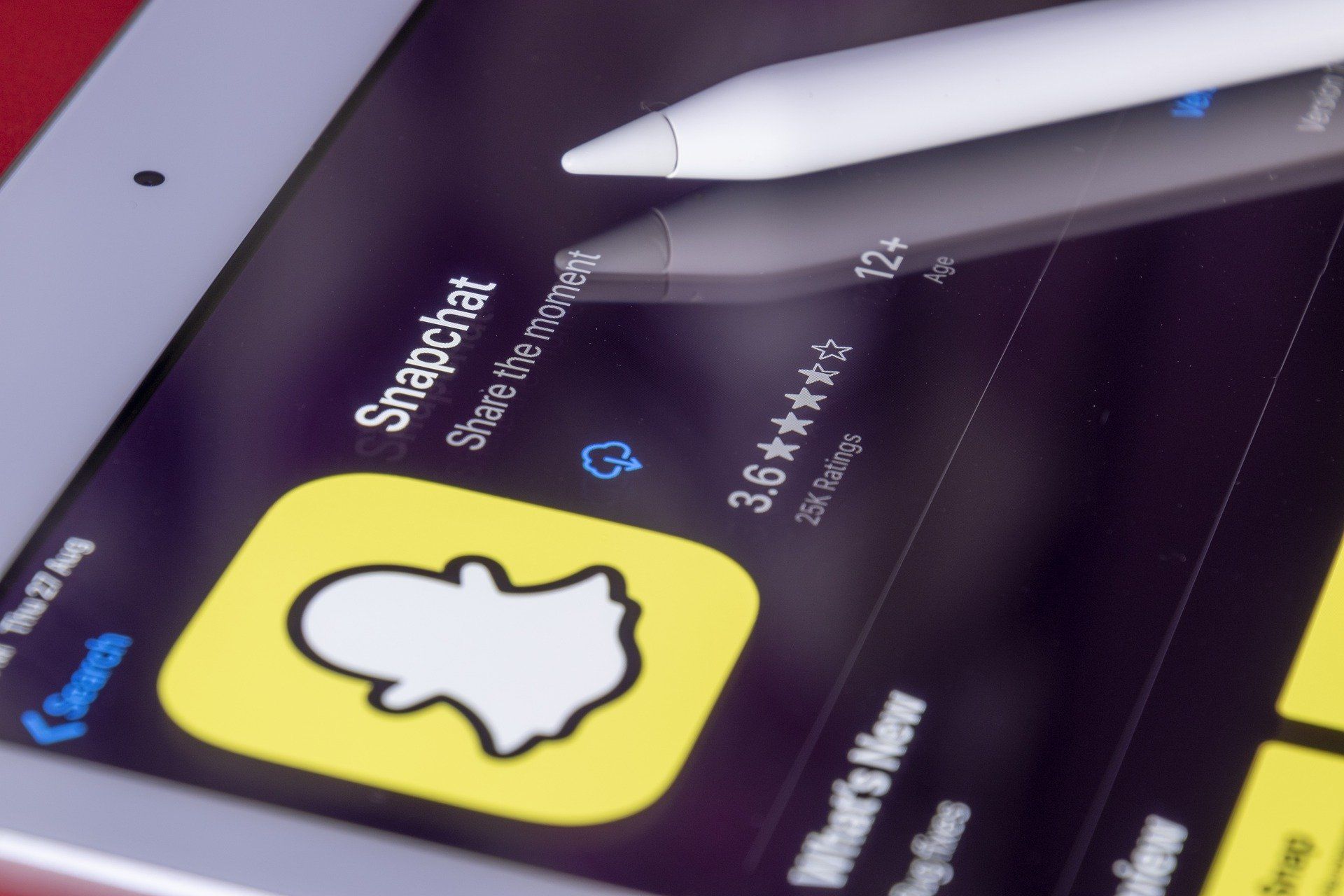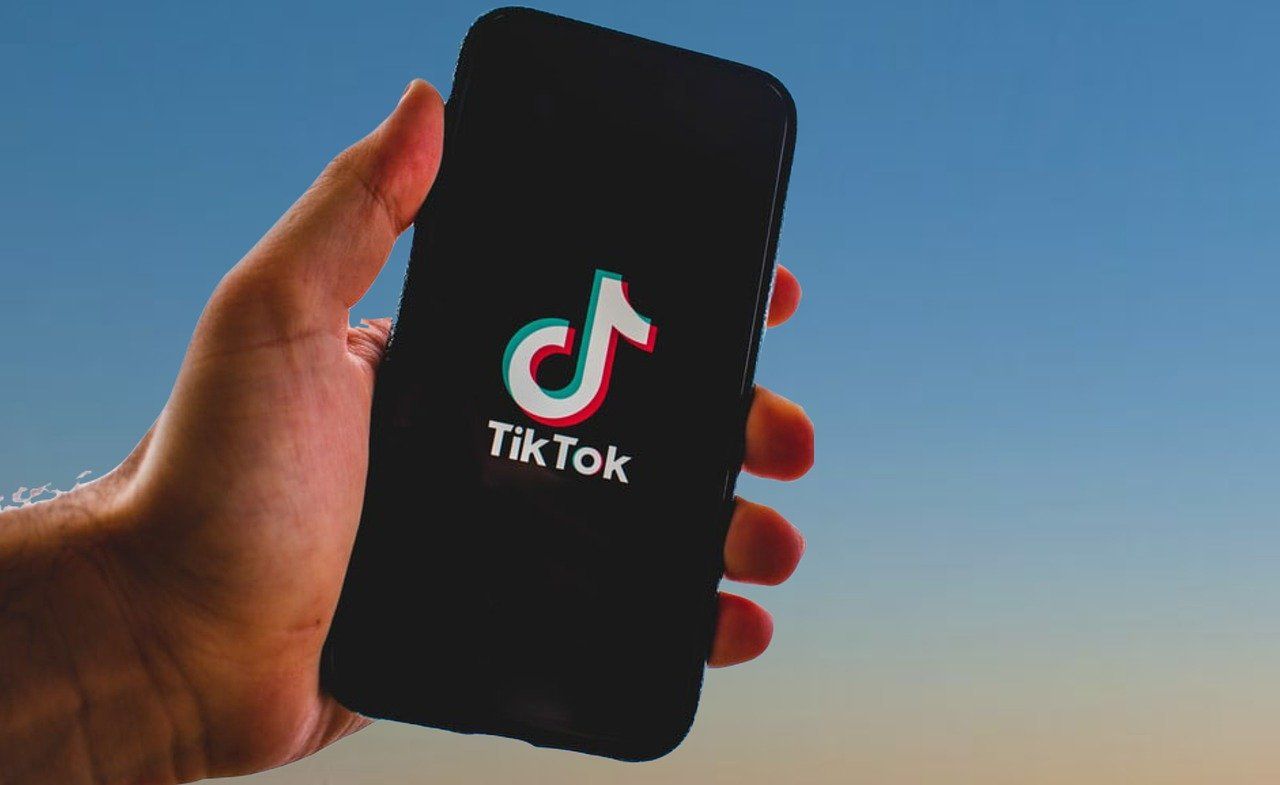Yelp changes its review policy: what you need to know

Just a few weeks ago, Yelp made a statement that discussed why businesses should not work with review solicitation companies or solicit reviews in any way from mailing list subscribers, customers, friends or family. They state that if a business shows any indication of organized review solicitation, they will demote their business page in Yelp search results.*
The reason for this strict policy is because Yelp is noticing many instances of businesses that are falsely inflating their rating by soliciting positive reviews, which interferes with the natural flow of reviews.
To get the most out of Yelp, here are some tips that will help you achieve a better Yelp listing, without being penalized.
1.) Claim your business on Yelp. If your business is not yet claimed on Yelp, this is the first step that you need to take to improve your Yelp page. If you are unsure if your business is claimed, find your business page and look for a blue check mark next to your business name with the word ‘claimed’ next to it. If your business it not claimed, you will see the word ‘unclaimed’ next to your business’ name. You can claim your listing by clicking on the word ‘unclaimed,’ login or create a business user account, and verify that you are owner of the business by initiating a call from Yelp with a verification code that you enter online.
2.) Respond to Reviews: Ideally, you should respond to a negative review within 24 hours. Yelp’s Data Science team claims that Yelp users are 33% more likely to upgrade their review if you respond with a personalized message within a day.** If you receive a negative review, make sure that you compose your response after you have taken a few breaths and are not hastily responding with emotions high. Don’t be defensive, keep your response short and sweet, sincerely apologize for the mistake that caused them to be upset and reassure them that the issue has been resolved or will be addressed.
3.) Make sure your business is easy to find: Verify that your name, address, phone number and website are correct and that your business is listed in the appropriate category.
4.) Display approved Yelp branding: You can get free Yelp signage such as a window cling that reads “People Love Us on Yelp” if you’ve earned it, or request a “Find Us on Yelp” sticker by clicking here. Using tools like these isn’t directly asking for a review but instead, they remind customers that they can leave a review, as sometimes when people have a positive experience, they don’t always think to share it. You can also embed positive Yelp reviews on your website.
* https://www.yelpblog.com/2017/11/businesses-not-work-review-solicitation-companies
** https://www.yelpblog.com/2017/03/responding-reviews-within-24-hours-boosts-upgrade-probability










